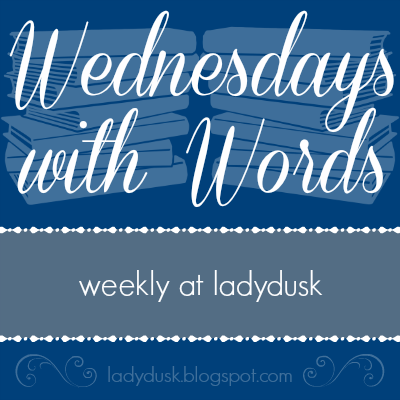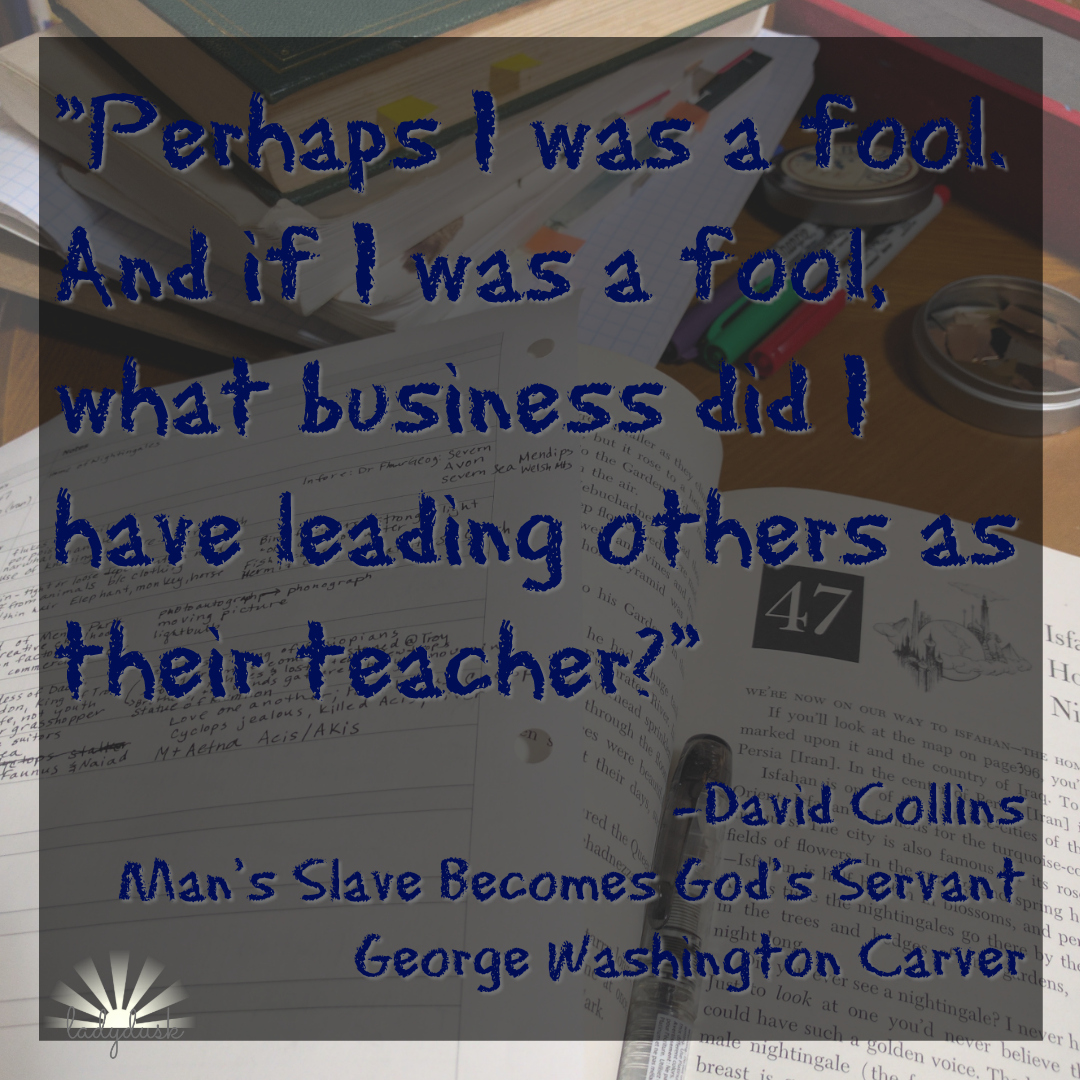Wednesdays with Words: Teaching Credentials

One of the ironies of being a teacher is that one is supposed to instruct students who look at the teacher as an expert.
Teachers are supposed to know. Be informed. Be prepared with an answer to a question. They’re also supposed to know the best way to instruct on any given subject matter.
But people don’t download and upload information like computers. We aren’t Input/Output devices. We aren’t designed to regurgitate what has been mulled and have it be accepted without question.
We are designed to mull and make connections and ask questions; to investigate and seek out more – knowledge, understanding, practice.
And there’s always – always! – more that can be known than we can know. Yet teachers are expected to know.
But should they be?
Anna Bosford Comstock doesn’t think so:
No science professor in any university, if he be a man of high attainment, hesitates to say to his pupils, “I do not know,” if they ask for information beyond his knowledge. The greater his scientific reputation and erudition, the more readily, simply, and without apology he says this. He, better than others, comprehends how vast is the region that lies beyond man’s present knowledge. It is only the teacher in the elementary schools who has never received enough scientific training to reveal to her how little she does know, who feels that she must appear to know everything or her pupils will lose confidence in her. The Handbook of Nature Study pg 3
I’m always surprised when during prereading I find educational philosophy in my children’s school assignments. I probably shouldn’t be.
This time it was from Man’s Slave Becomes God’s Scientist: George Washington Carver by David Collins. Collins writes Carver’s story in the first person. This makes the story immediately relateable. Carver has recently taken the post as Ag instructor at the Tuskeegee Institute and is working with his students to build a lab and practice techniques to improve the land and therefore crop yields. He decides to grow a crop that his students are immediately turned off by. They call him a fool.

Carver’s experiment is ultimately successful and his students come to have great respect for him, but his self-doubt here and his willingness to go on in the face of uncertainty are lessons to me as a teacher. He wasn’t sure if this would work or if he was even proficient enough to be a teacher.
Yet, teachableness, Karen Glass reminds us, has a lot to do with humility. With being unknowing and unsure, trial-and-error, investigating together through practice, or study, or looking something up, we and our students become better informed and make more relationships with the knowledge. That’s education – a science of relations with information between information with other people.
Comstock, again:
Moreover, the teacher, in confessing her ignorance and at the same time her interest in a subject, establishes between herself and her pupils a sense of companionship which relieves the strain of discipline, and gives her a new and intimate relation with her pupils which will surely prove a potent element in her success. The best teacher is always one who is the good comrade of her pupils. The Handbook of Nature Study pg 4
The best learning … the best learning … is where there is a search. Where a teacher can say, “I don’t know, let’s find out.”
Be a fool, my friends.
‘);
